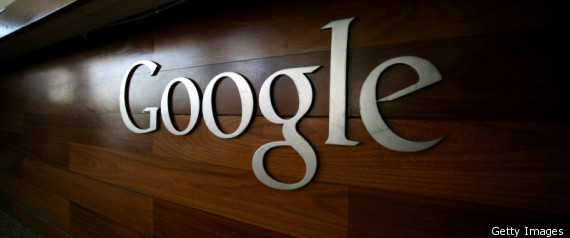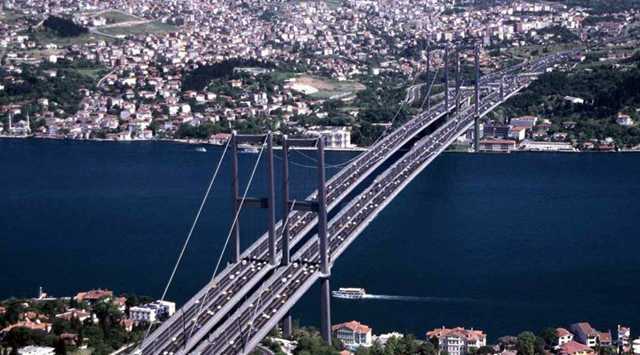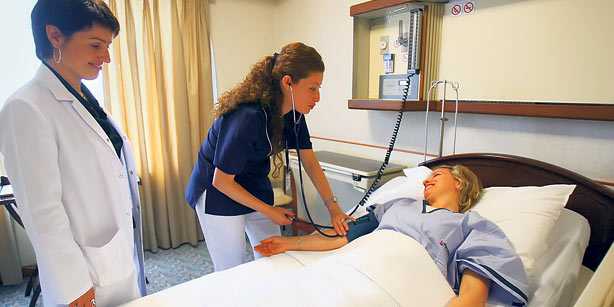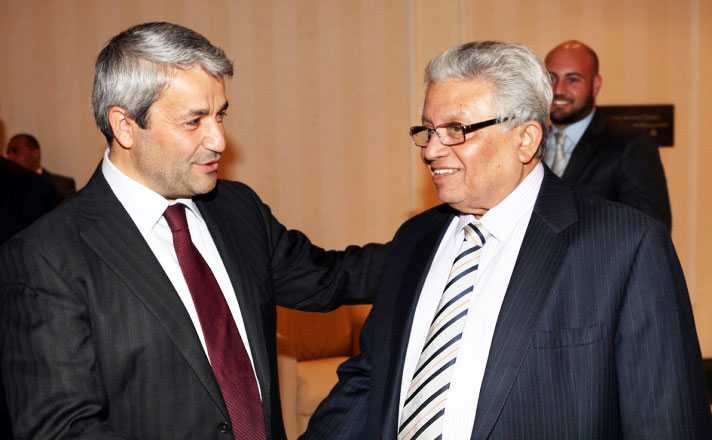A U.S. law enforcement agency petitioned Google to take down a YouTube video showing police brutality, the web giant revealed in a new report.

Google said it refused the request, placed sometime between January and June of this year, though it did not specify why.
“We received a request from a local law enforcement agency to remove YouTube videos of police brutality, which we did not remove,” Google wrote in its Transparency Report. “Separately, we received requests from a different local law enforcement agency for removal of videos allegedly defaming law enforcement officials. We did not comply with those requests, which we have categorized in this Report as defamation requests.”
Of the 757 items that Google was asked to remove by the U.S. government in the first half of 2011, eighty percent were motivated by allegations of defamation.
The company complied with 63 percent of the U.S. government’s requests. Google noted that it may decline to comply with requests to remove content because an agency has failed to obtain a court order.
“Some requests may not [be] specific enough for us to know what the government wanted us to remove (for example, no URL is listed in the request), and others involve allegations of defamation through informal letters from government agencies rather than a court orders [sic],” Google wrote. “We generally rely on courts to decide if a statement is defamatory according to local law.”
The Atlantic’s Rebecca Rosen praised Google for its decision to deny the law enforcement agency’s request, arguing that the move sets a powerful precedent:
With this report, Google seems to be indicating that users who post such videos have the company’s protection. In places like Egypt and Tunisia, the spread of videos portraying government brutality seems to have galvanized protesters. If Google were to take down such videos, that could have a powerful detrimental effect on the Occupy movement.
TechCrunch likewise suggests Google is attempting to send a message both to users and to governments in an attempt to position itself as a trustworthy resource:
I think that in this time of turmoil, Google is saying very quietly what it wouldn’t really be tactful to say loudly: “Put your sensitive and controversial video data here.” Certainly a site like LiveLeak is also an option, but YouTube finds itself the center of attention more frequently, and being more of a popular culture community, it wants to emphasize its legitimacy in matters like this. The transparency report is a way for them to encourage users to trust them, and perhaps, governments to respect them.
Between January and June 2011, American government entities filed 5,950 requests for information on Google users, 93 percent of which the company complied with.
The U.S. topped charts as the government that placed the third highest number of content removal requests, behind Brazil and Germany, but ahead of China. The U.S. also put in more requests for user data than any other country in the world.
via Google Refused Law Enforcement Request To Pull Police Brutality Video.





